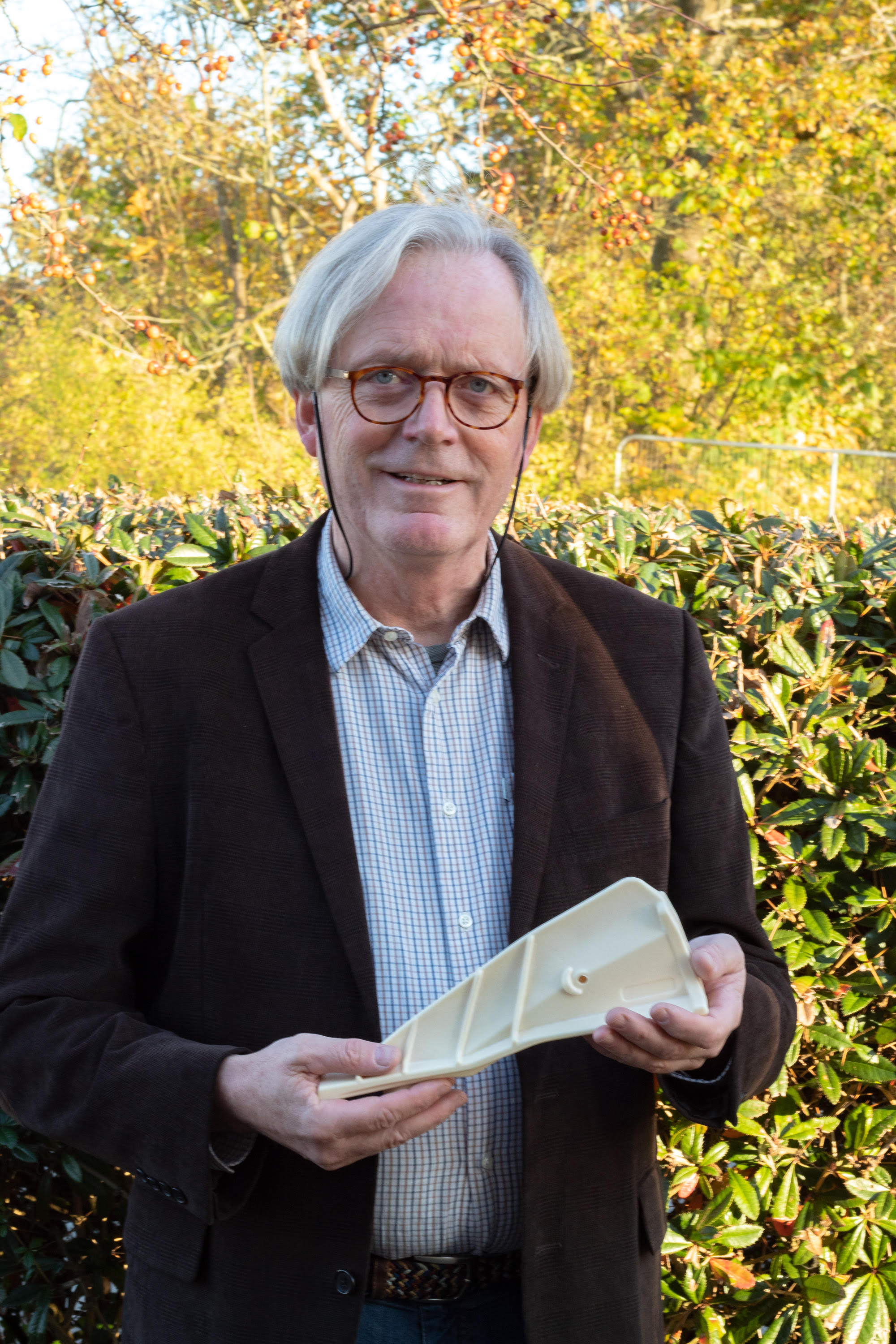Interview with Landbrugsavisen, 2nd November 2019
Per Moeller remembers one of his first visits to Agritechnica – Suddenly the wall came down

“Suddenly the wall came down” (the interview was translated from Danish)
If you want to meet a real Danish trade fair veteran, you have to walk past Per Møller.
Which experience from Agritechnica do you remember best?
“11. November 1989. The wall came down. Some years before, a lot of people from Germany had started to travel and look at agriculture. Many of the East German machine factories had some good gear, but they could not supply the market. It was severely undersupplied. Both on the West German side and from western Poland, there were many family ties into the former East Germany. All the emotions that were in it, and then we stand there, and suddenly it's over. It was like an explosion. “
Why are you going to Agritechnica this year?
“I started a new business up last year. The trade fair is the strongest springboard for establishing new and nurturing existing contacts. My experience is that it is an outstanding place to be. There is a very large German machine production, and the trade fair is thus also a big window for German industry, and then it is really intelligent that they also use it to meet up with a lot of contacts.”
How do you prepare?
“You don’t just meet people down there. It's huge, so it also requires that you do a lot beforehand. Thirty years ago, social media did not exist, and letters were sent around trying to make people aware of one's existence. Today, social media plays a big role in the preparation for the fair, and in addition, all the practicalities just have to perform. You should not stand there and lack anything on the stand, food or in the wardrobe.”
How much does the fair mean to you as a company?
“All sails are set. It's like graduation. That is the outward-looking part of our work. I basically produce nothing but knowledge within my company. But I have many companies behind me and I help them to the market. Before Agritechnica, it is important to agree with them how much they can deliver and have an understanding of their price structures, etc. '
What is important when being on the stand?
“You have to be accommodating and have time for people. You have to be very alert. It costs 2,380 Danish Kroners per hour on the 15 sqm for three people. If you look at it from the economic point of view, there is a cost to having something for it. It also means that it helps to register what is going on. Who did you talk to? Have you changed business cards? Has an agreement been made after the fair? You also need to quickly scan whether you are standing with a potential customer, and if not, then be good at politely let the conversation come to an end. That contact may be someone, who you may meet five years later elsewhere. I see many people just sitting waiting. No one comes over to someone who is not on his feet and is well-behaved.”
By CHRISTIAN JUEL JØRGENSEN
Original interview in Danish:
https://landbrugsavisen.dk/avis/muren-faldt-midt-i-det-hele
